Lighting has come a long way since Thomas Edison first flipped the switch on his patented incandescent electric light. Advances in technology have made lights brighter, more energy efficient, and capable of changing color, dimming, and more. But this proliferation of lights has often led to consumer confusion. There are so many options to choose from, but which is the right one for you? Today, we’re going to make the case for the Betopper COB LED.
Betopper Stage Lighting Overview
This question is nowhere more relevant than when it comes to stage lights. If you’ve got a theater full of eager people, you need reliable lighting that will highlight those on stage without becoming a distraction. And it’s even better if you can find an option that’s environmentally friendly.
So, which are the best lights for stage effects? While there are numerous options to choose from, LED lights should be at the top of your list. Unfortunately, LED lights come in several varieties. And if you aren’t familiar with the latest LED technology, you may get lost in all the acronyms.
That’s where we come in.
In our experience, COB lights are the best choice for stage lights. The reason is simple. COB lights offer higher levels of brightness, a more uniform coverage, and better energy efficiency than similar DIP and SMD LEDs. Let’s examine why…
Betopper COB Light vs. SMD Light Features
Like everything, COB and SMD LEDs both have their own unique features and advantages.
SMD LED Lights
SMD (or surface mounted device) LED lights are the most common kind of LEDs. They’re created by fusing a series of LED chips to a printed circuit board. They can have more than two contacts and up to three diodes on a single chip. This gives them a greater level of versatility, especially when it comes to showing different colors. Their versatility is one of the reasons they’re found in so many places, from traditional light bulbs to string lights and beyond.
Betopper COB Lights
COB (or chip-on-board) LED lights are created by bonding an array of LED chips directly to a base made from silicon carbide or a similar material. This forms one large LED chip that can include a much higher density of LEDs, creating a much brighter light in the end. COB LEDs are also simpler in design. Although they can include 9 or more diodes, they always have 1 circuit and 2 contacts. No more and no less. This means that their ability to change color is severely limited. However, their higher density of LEDs allows them to put out a more consistent and brighter pattern of light. This is why COB LEDs make the perfect choice for stage lights.
How COB Lights Work vs. LED SMD?
As we’ve already noted, COB lights include a dense array of LEDs that act as a single LED chip. This allows them to get incredible bright, up to 250 lumens on a large chip. But since they only have 1 circuit and 2 contacts, they lack the ability to dramatically change color. As a result, most COB LEDs can only offer variations on white light, including cooler light blues and warmer yellows. With this said, the consistency of a COB light means you won’t have to worry about patchy, uneven lighting. This is one of the key reasons that COB LEDs are so great for stage lights.
The higher number of contacts and diodes on a SMD LED means you’ll have greater flexibility when it comes to color. Unfortunately, these lights can leave an unattractive zig-zag pattern, drawing attention to the lighting rather than highlighting the stage.
Venues
Betopper stage lighting is the perfect option regardless of your venue. Whether you’re looking to provide your club’s stage with the perfect atmosphere or need to establish an entire set of stage lights for a local theater, Betopper COB lights will work great.Since COB LEDs offer consistent, bright light, they’ll keep every eye in the audience on the stage and performers. Unlike SMD LEDs, they won’t tempt viewers to look up as they wonder why the light has zig-zag patterns in it. The only disadvantage you may face when using COB lights for a theater or concert venue is when you need them to change colors. Fortunately, that’s what colored filters are for. And they can be used with COB LEDs just as easily as with traditional can lights.
COB Light Pricing
The price of stage lighting can vary dramatically depending on brand, lumens, and more. But if you’re looking for an COB LED light that’s priced affordably, you can’t go wrong with the Betopper COB light that’s specifically designed to offer bright, consistent light across a stage. For $99, you’ll get a professional-grade light that offers all the features you could possibly want out of a COB LED.You’ll likely be able to find SMD LEDs at a similar price point. However, they’ll have the drawbacks that come with SMD lights, including less consistent, less bright, less energy efficient lighting. Unless you need a light that offers color variability, there’s simply no reason to pay the same price for a less effective light.
Pros & Cons
Betopper COB Light Pros
-
Brighter and more consistent than the competition thanks to its denser array of LEDs
-
More energy efficient than similar SMD LEDs
-
Can have a lifetime of up to 10,000 hours
-
Includes 4 different modes, including a strobe effect
-
Perfect for a wide array of applications, including theaters, bars, and more
Betopper COB Light Cons
- Only has three color modes: warm white (3200K), warm yellow, and cold white (5600K)
Conclusion
If you’re looking for the perfect light for your stage, you simply can’t go wrong with the Betopper COB LED. It offers incredible brightness and coverage, without the uneven patches characteristic of SMD LEDs. And while it won’t give you the ability to use all the colors of the rainbow, you can get colored effects by using filters if needed. And at only $99, it’s an affordable option that will keep all eyes on your stage.










































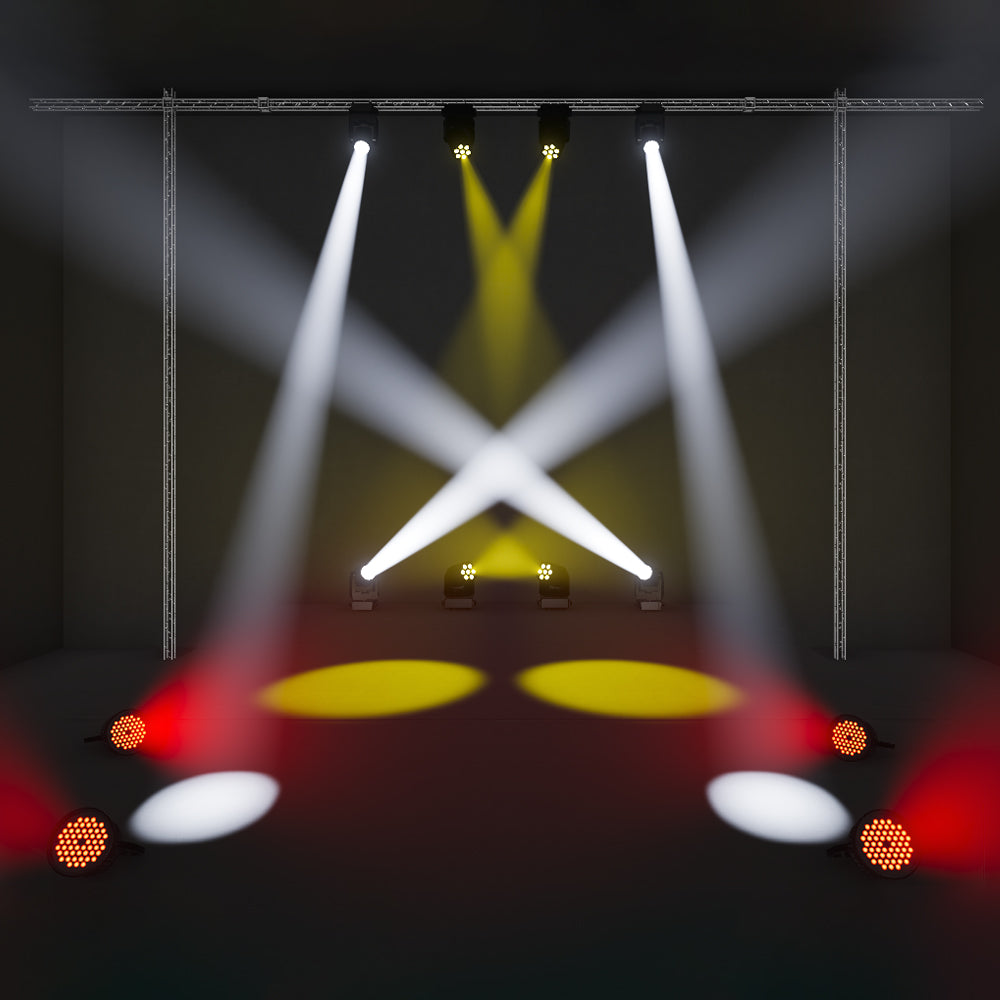
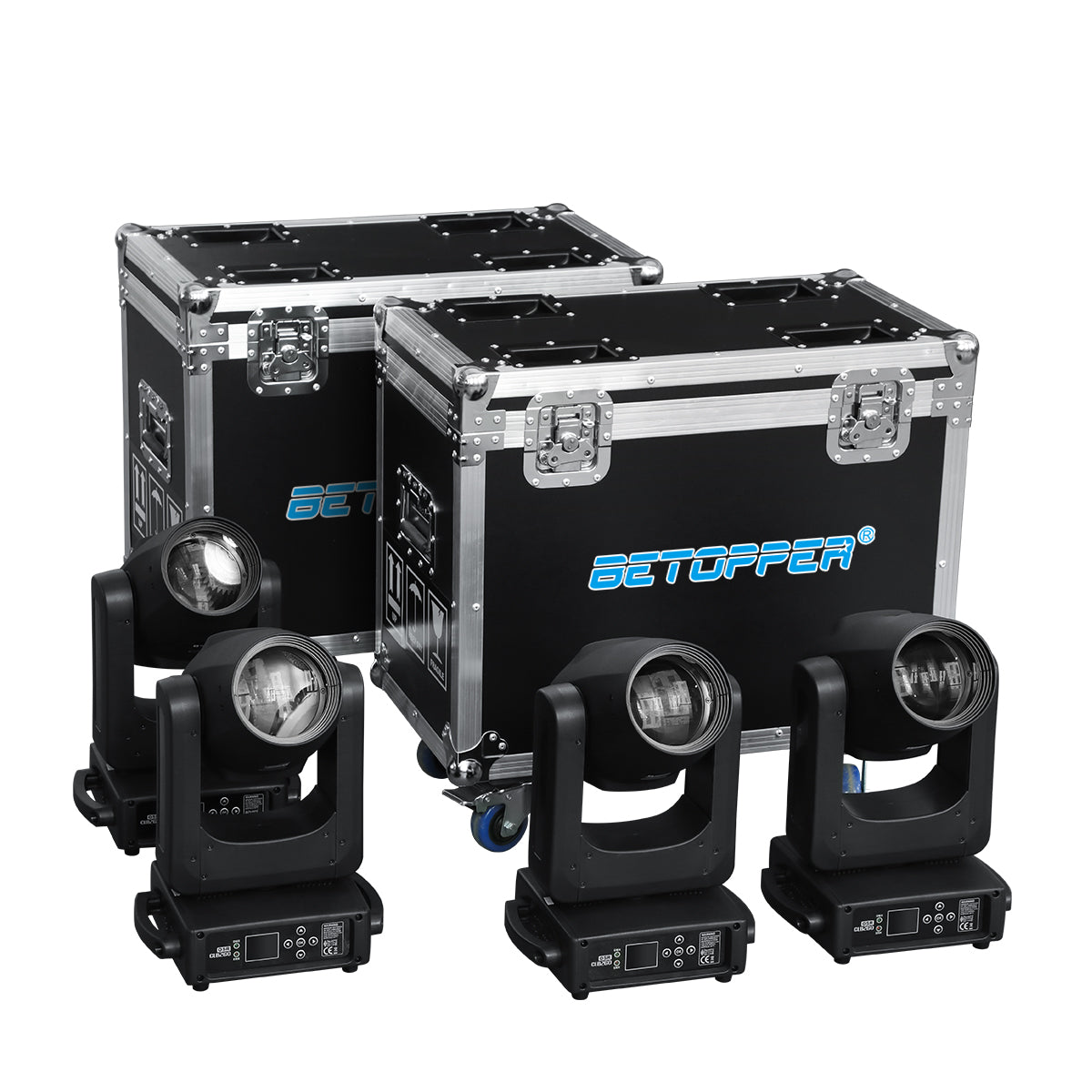
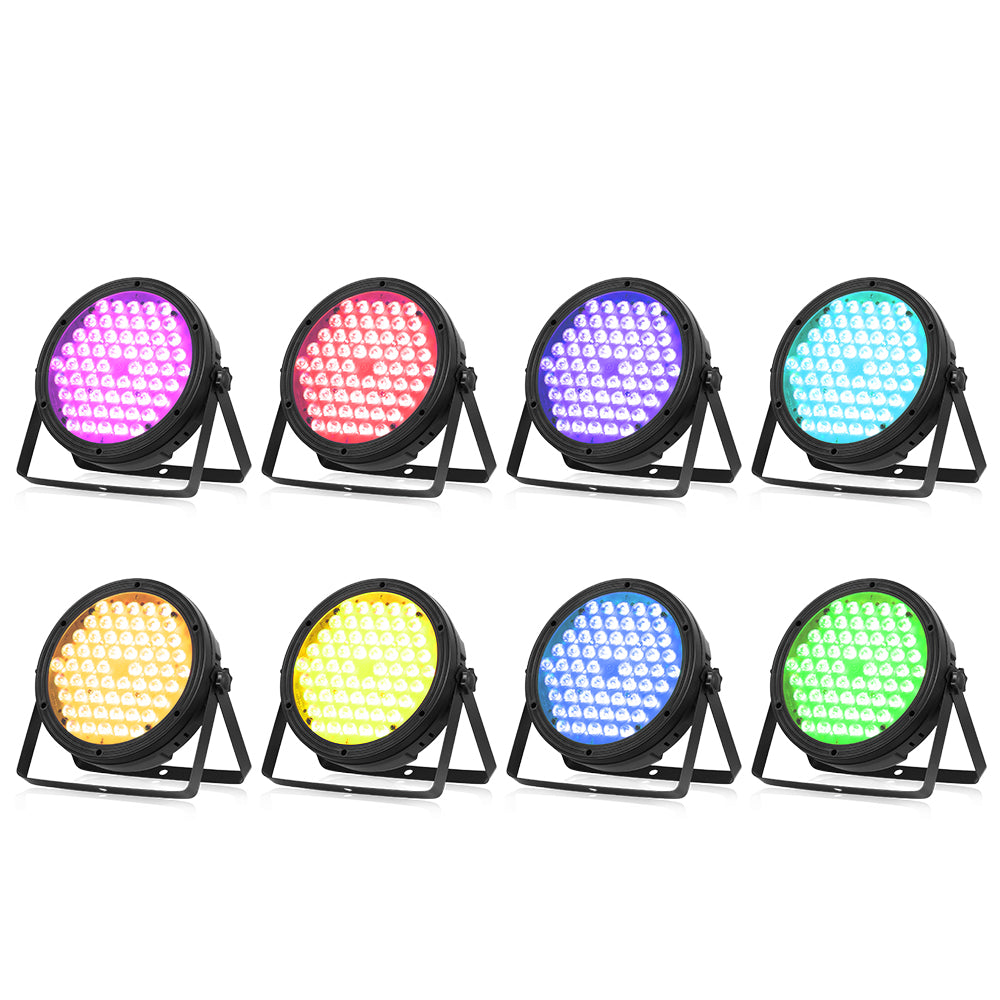
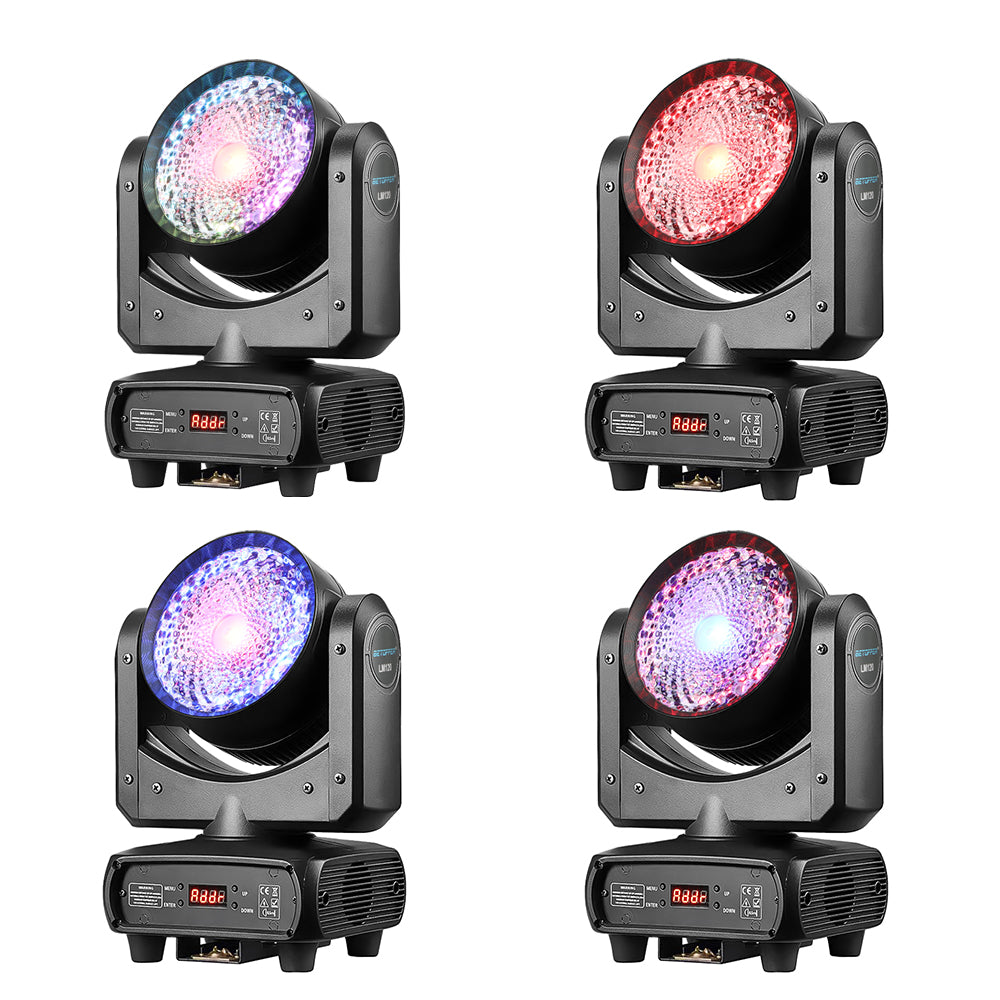
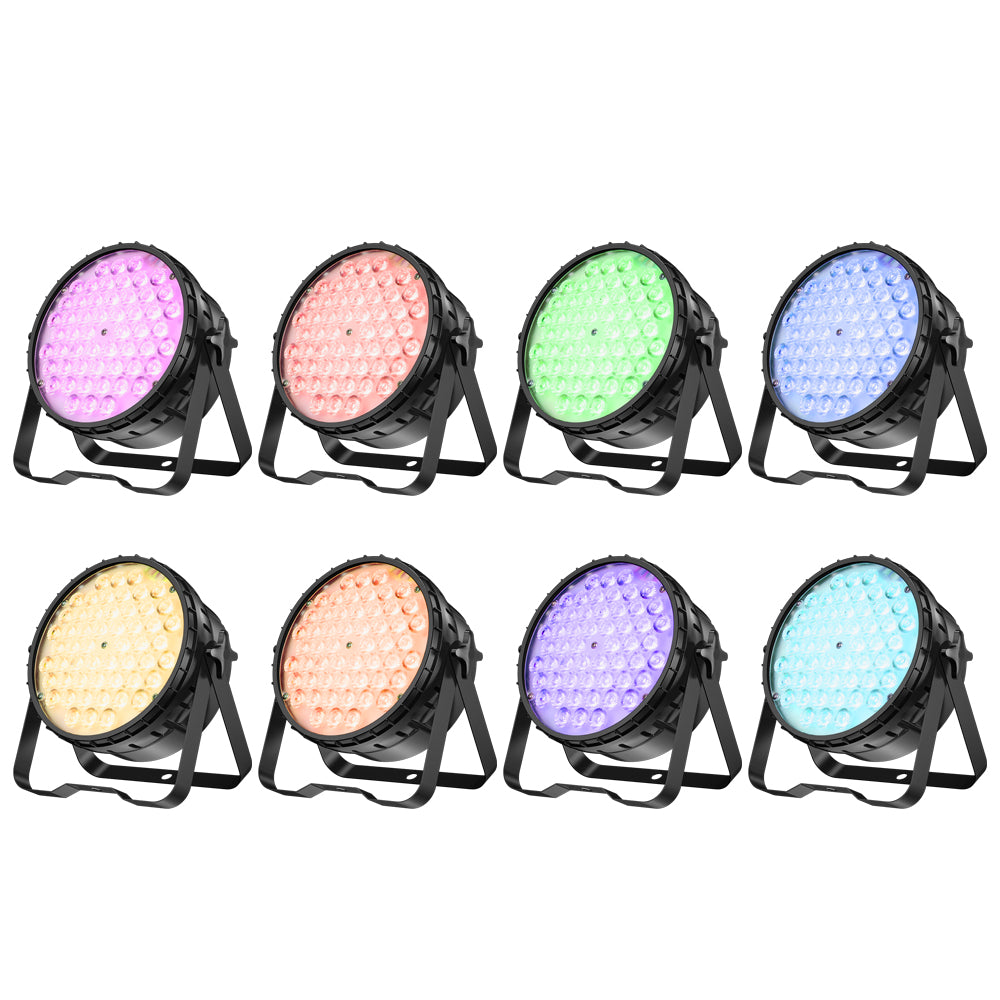

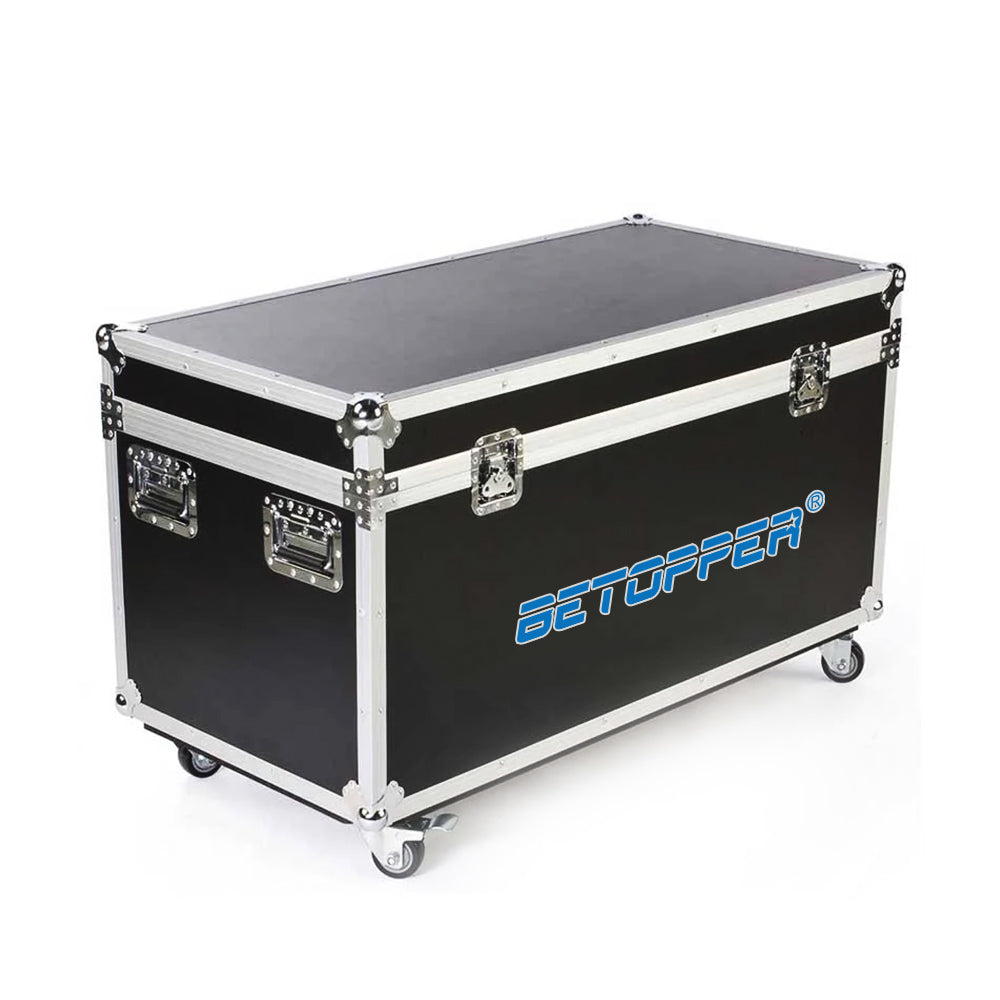
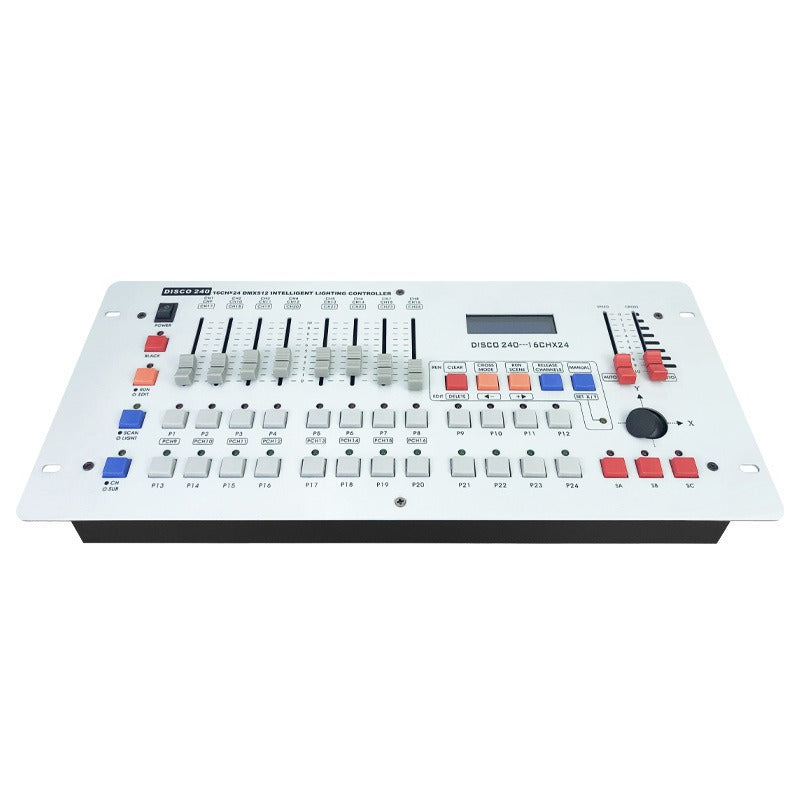
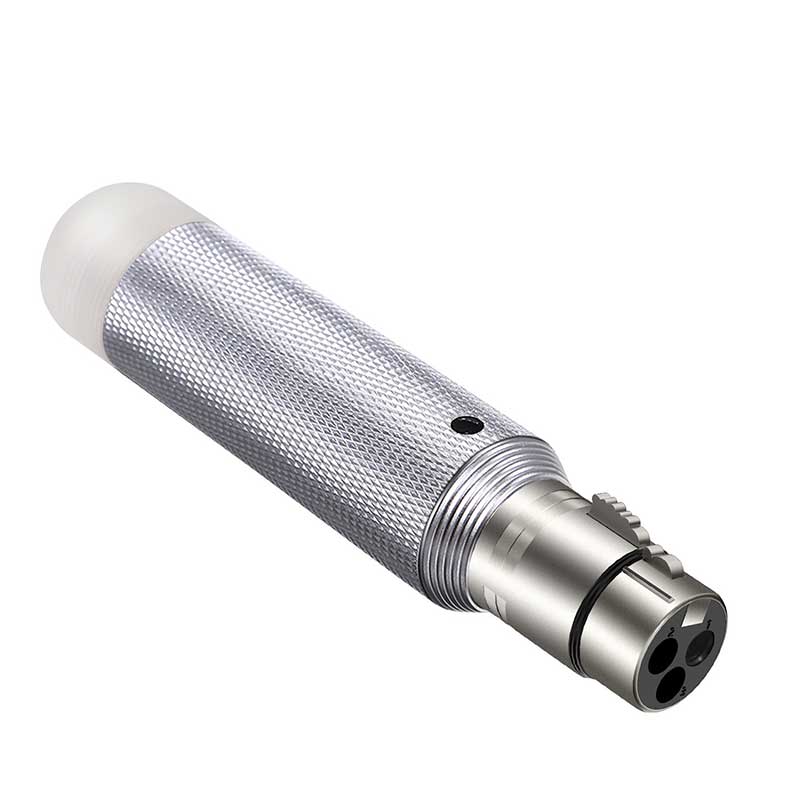
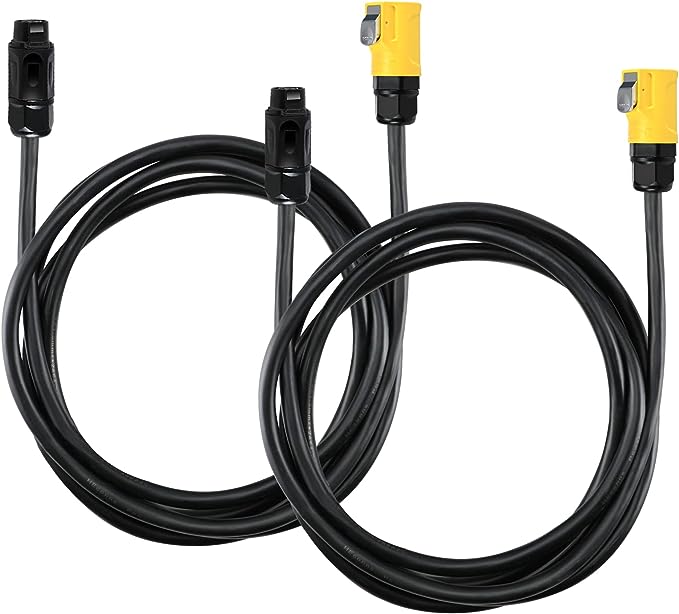

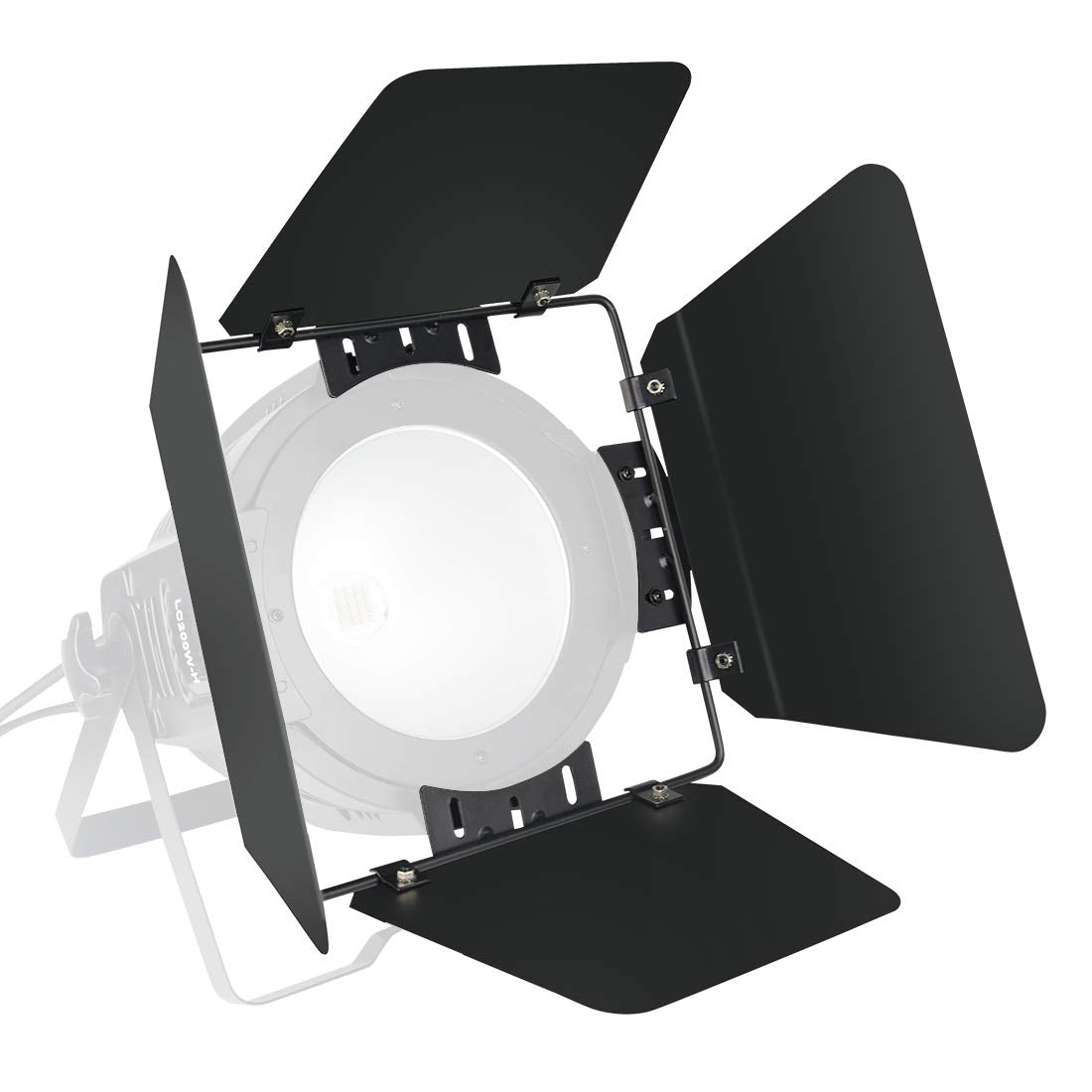
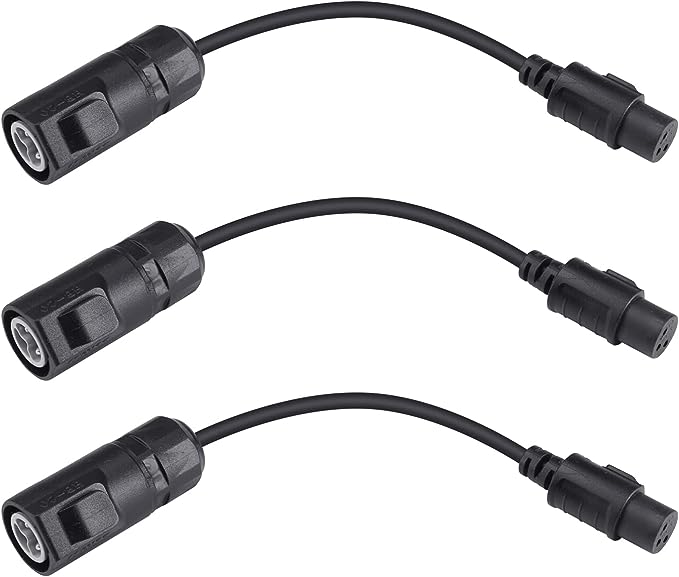
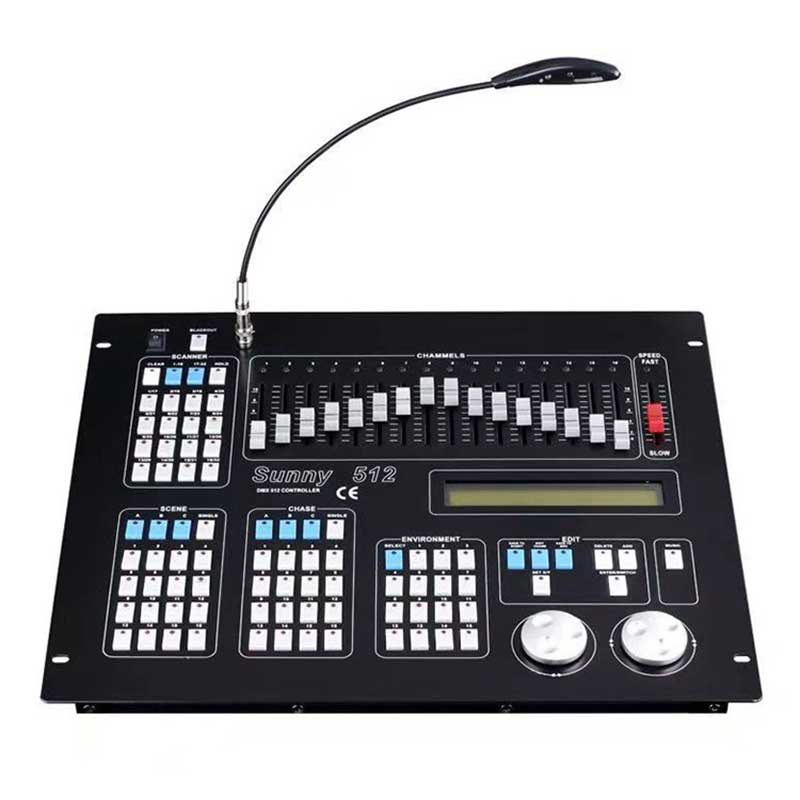
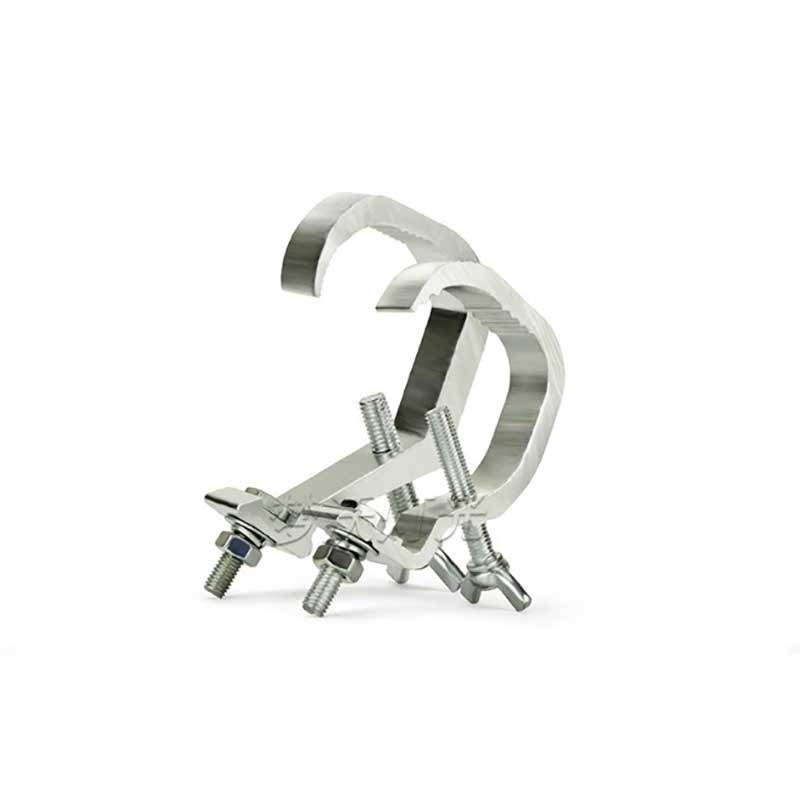
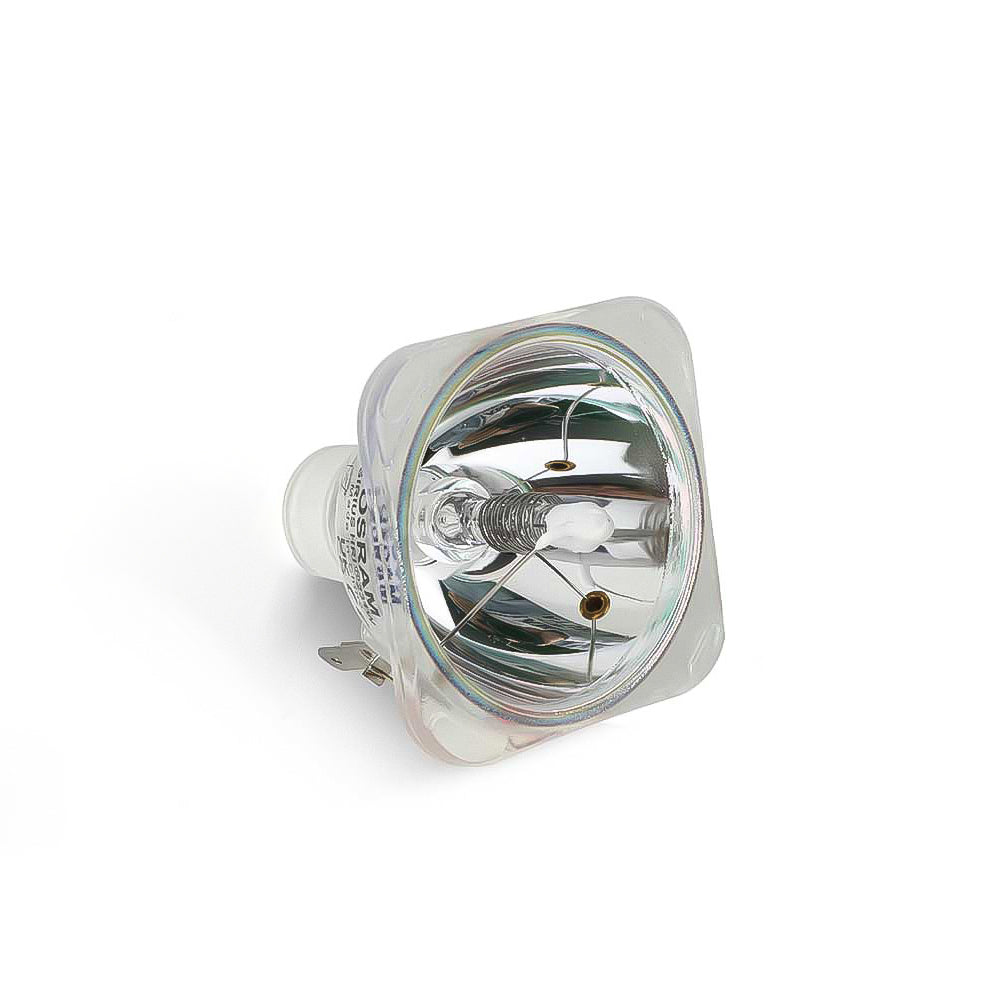
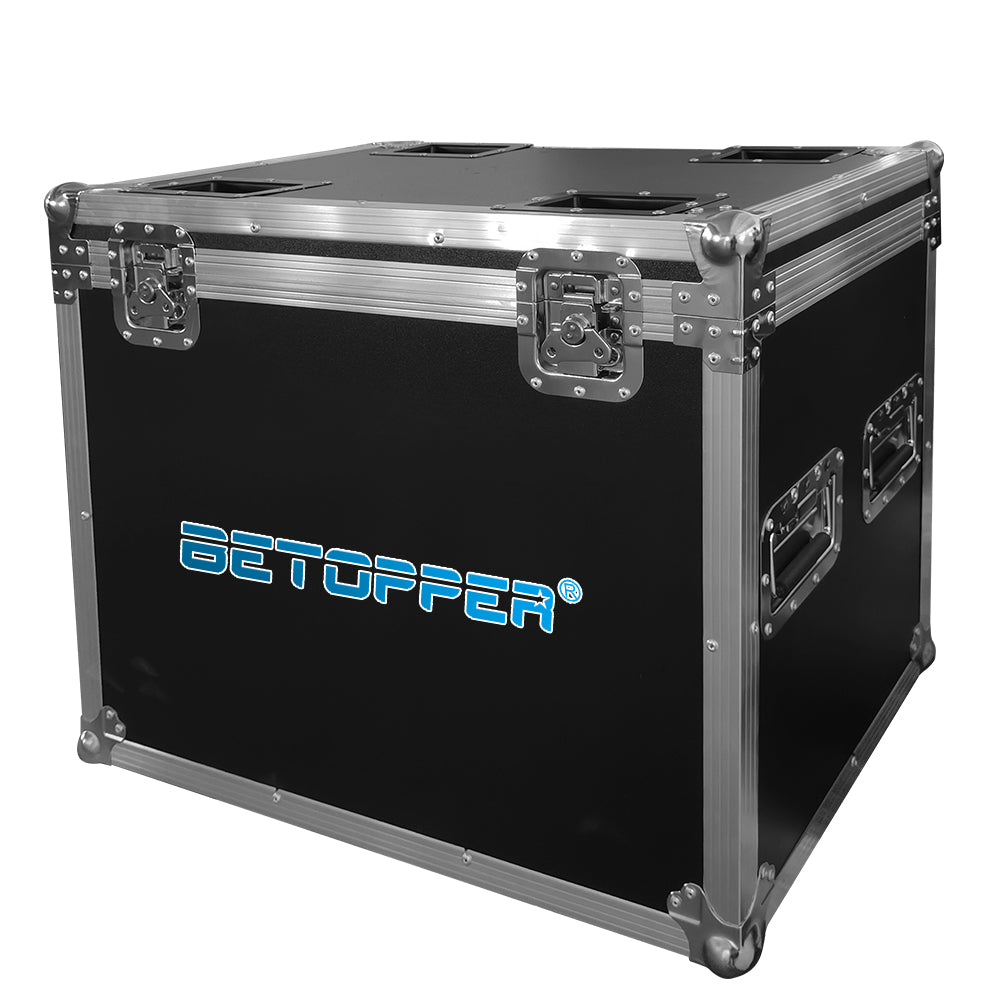

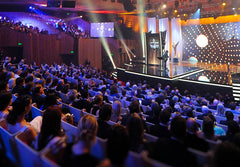
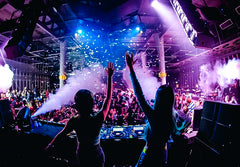



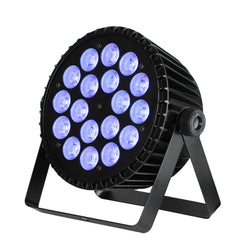
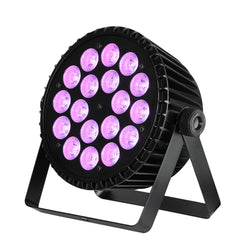
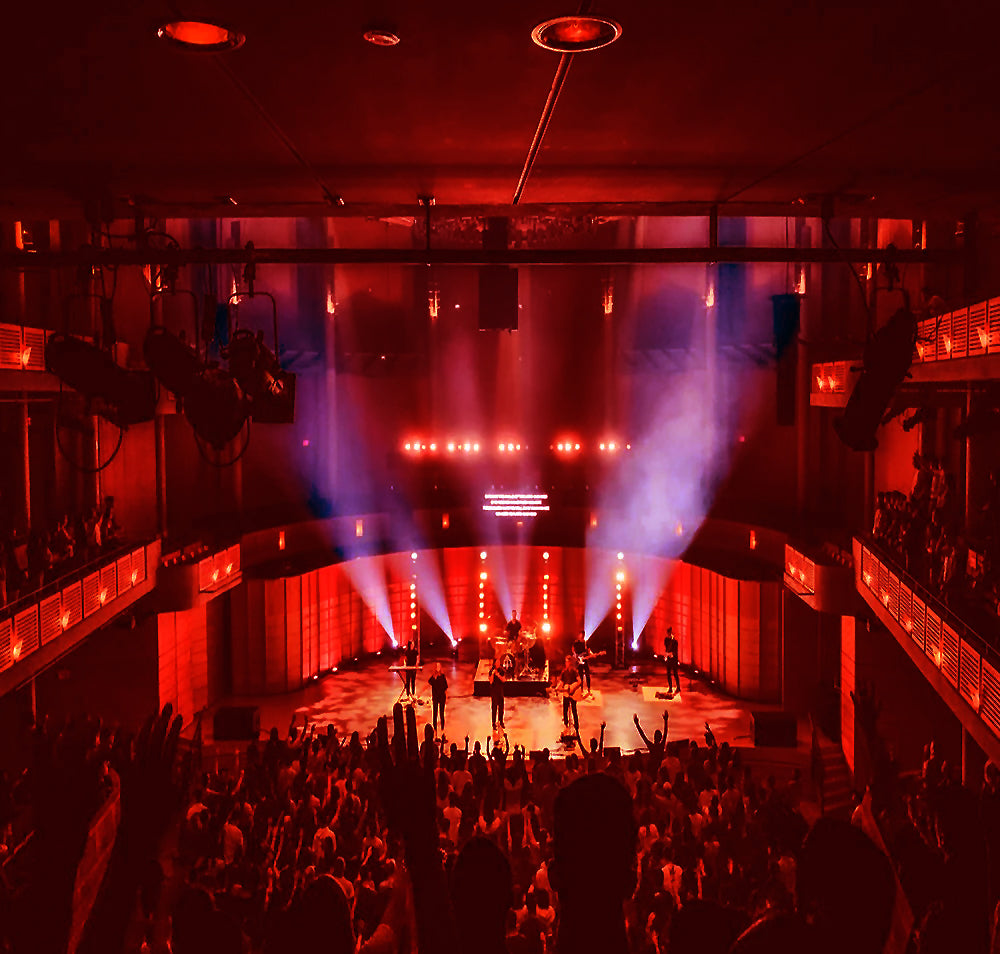

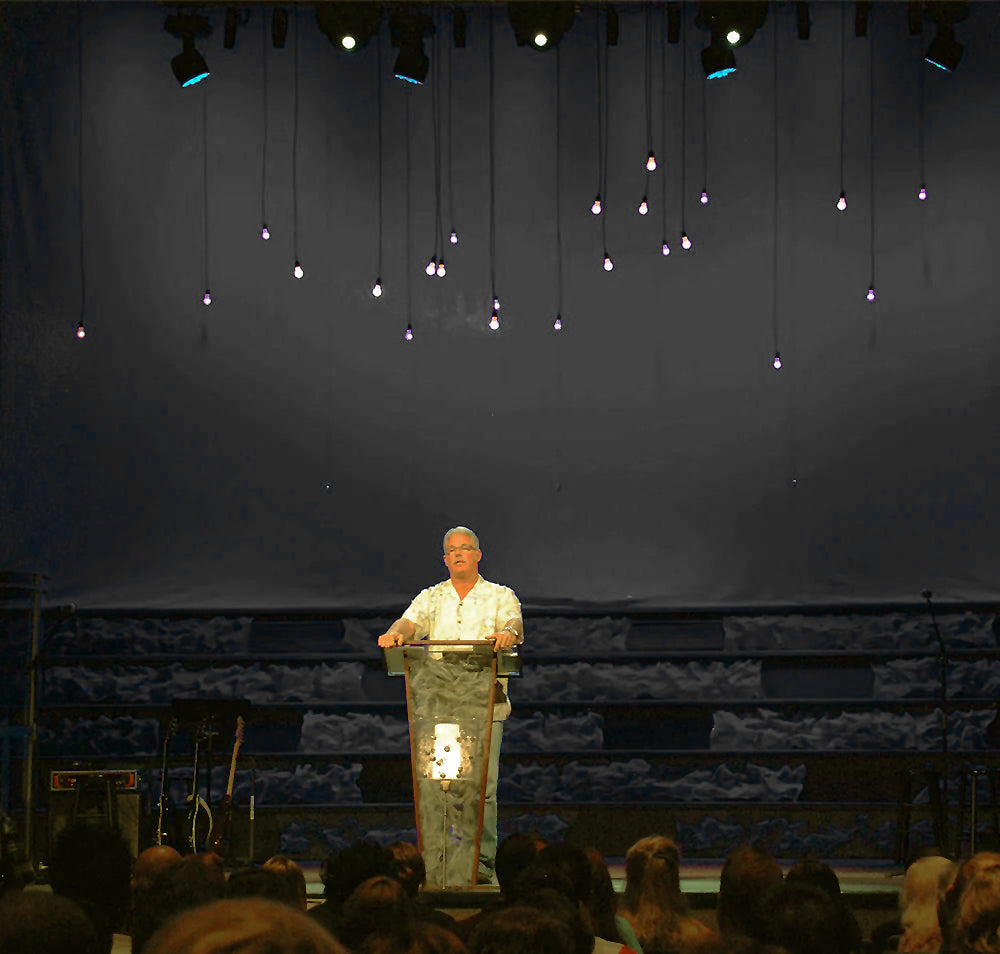
Leave a comment
This site is protected by hCaptcha and the hCaptcha Privacy Policy and Terms of Service apply.